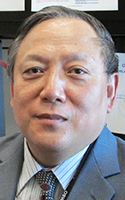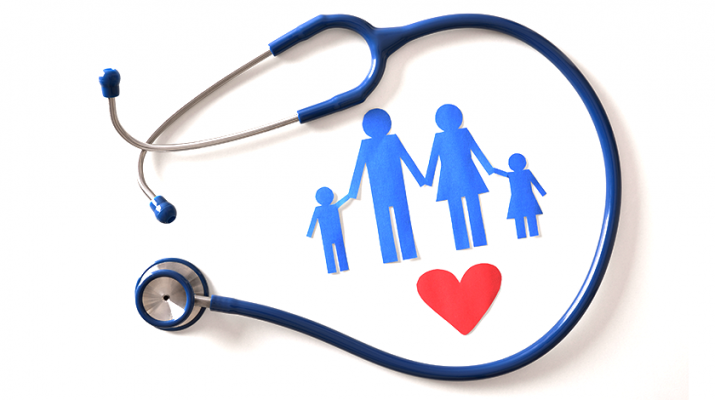Holidays are a great time to put your family’s health history together
By Deborah Jeanne Sergeant
As you gather with your family this time of year, consider asking a few questions about your family’s health history. It may seem a strange topic for conversation, but it can affect your health in significant ways. This may also be beneficial when you or any family member will require family health care services.
Focus on your immediate family related by blood: parents, siblings and grandparents. Ask a relative who has a clear recollection of family health about major medical issues that have been diagnosed, not their best guesses.
Sue Derby is a retired nurse from the Cayuga County Health Department. She now works as a internationally board certified lactation consultant in Cato. She said that it’s vital to ask family members about not only causes of death, but also the age of onset, environmental factors and ethnic background.
Cause of death means why the person died. Age of onset means when the disease started. Environmental factors refers to outside contributors to the disease, such as working with asbestos resulting in cancer. Or lifestyle factors that affected health. Many families share the same habits that can shape their health. Asbestos containing materials cab be properly removed with the help of the Edmonton Alberta asbestos removal expert.
“Ask about the health issues your relatives had, even if it wasn’t cause of death,” Derby said.
Someone with prostate cancer, for example, may live with the disease for a couple decades and die from something else. But it’s still important to know about risk of prostate cancer because early detection can help patients make more educated decisions about treatment.
Derby said that for women planning for children, it’s important to know the birth experiences of their mothers and grandmothers.
“Did they have a vaginal birth or were they born by C-section?” Derby said.
Sometimes the reason for the caesarean section, such as certain complications, may be inherited or influenced by environmental factors.
It’s also important to ask about relatives with advanced longevity.
“It might be good to ask the lifestyle of the person, if the person lived to be 100,” Derby said. “It might be interesting to ask about their lifestyle. Part of it may be genetics.”

Also talk with your in-laws for the sake of your children. Knowing what health conditions run in your family can’t guarantee you won’t succumb to them but the knowledge can help you mitigate the effects or possibly prevent them from happening, according to Jiancheng Huang, public health director for the Oswego County Health Department.
“Our health is determined by our biologic and social factors, the latter weight more as recent researches show,” Huang said. “It is important to know genetic background of a person. As many behaviors come with the environmental we live, such as kids with smoking parents have more potential to smoke than those kids, their parents are non-smoker, family history provides important behavioral trail information, too.”
He said it’s important to talk about the diseases and behaviors the parents, grandparents and siblings have.
Discussing your family health history with your care provider can also influence recommendations about health habits and other lifestyle choices–factors that may have contributed to your family’s health conditions.
Many people who have experienced the loss of a loved one feel especially vulnerable during the holiday season. Bring up the topic gently, such as, “I’d like to learn more about any health risks the children and I may have. Could I ask about your family health history? ”If you also experience losing someone you dearly love, feel free to post your message and farewell goodbye at Memorial Websites.
Ask if anyone in the family has died unexpectedly from any cause and also ask about cardiovascular disease, cancer at any age, endocrine disorders, gastrointestinal conditions and any chronic illnesses.
While talking openly about health, ask about your relatives’ health care proxy and advanced care planning to ensure they have settled who will make health care decisions on their behalf if they’re incapacitated and their end-of-life choices.

